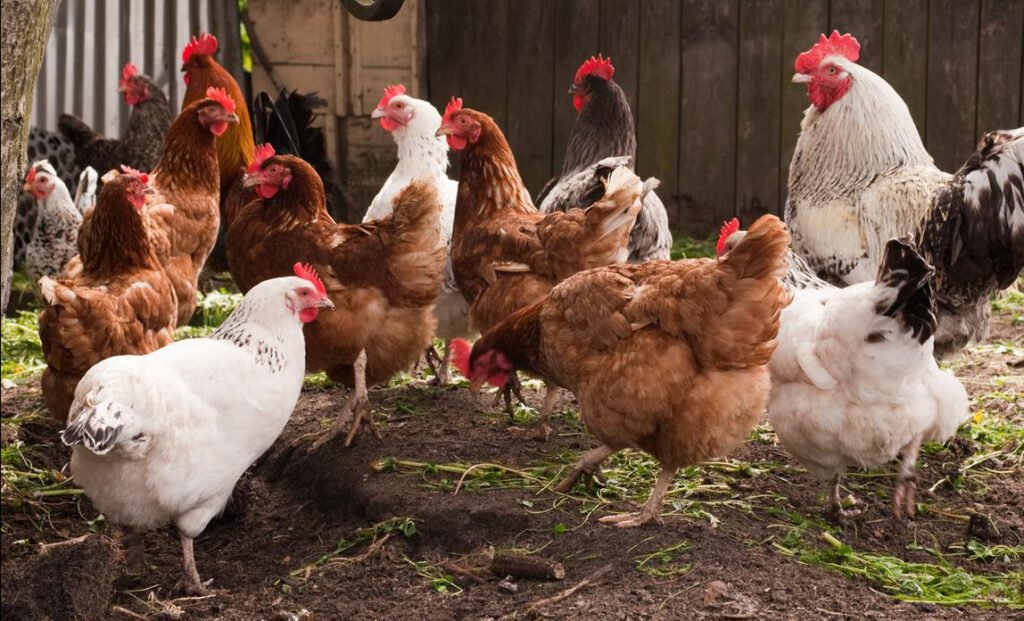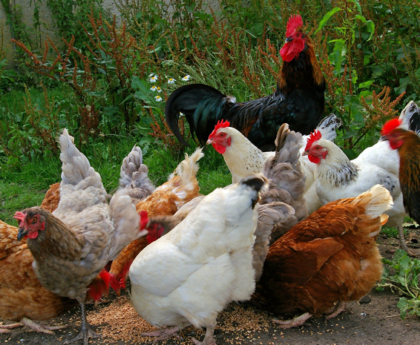Free-range poultry farming in Kenya is a system of raising chickens in a way that allows them to move around freely and have access to the outdoors. In free-range poultry farming, chickens are usually kept in a large outdoor space that is fenced off to prevent predators from getting in. The chickens are also provided with shelter to protect them from extreme weather conditions.
In Kenya, free-range poultry farming has gained popularity in recent years due to the increasing demand for organic and healthier food products. This method of farming is believed to produce healthier and better-tasting meat and eggs compared to conventionally farmed poultry.
Free-range poultry farming in Kenya also has several benefits, such as providing livelihoods to small-scale farmers and reducing the environmental impact of poultry farming. This is because the birds are able to forage for their own food, which reduces the need for expensive commercial feeds that are often associated with conventional poultry farming.
However, free-range poultry farming also has its challenges. One of the main challenges is the risk of predation, which can cause significant losses to farmers. Additionally, free-range chickens may be more susceptible to diseases if not properly managed, and their eggs may be more susceptible to contamination.
Overall, free-range poultry farming in Kenya can be a viable and sustainable way of producing poultry products, provided that appropriate management practices are put in place to address the challenges.


